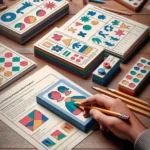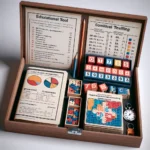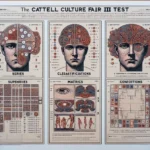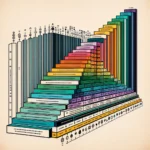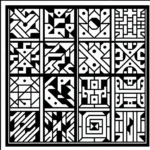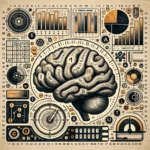The Differential Ability Scales (DAS) stands as an insightful tool utilized by psychologists, educational professionals, and related specialists to assess the cognitive abilities of children. The assessment is created with the primary intent to measure the cognitive strengths and weaknesses in children from ages 2 years 6 months to 17 years 11 months. The DAS […]


